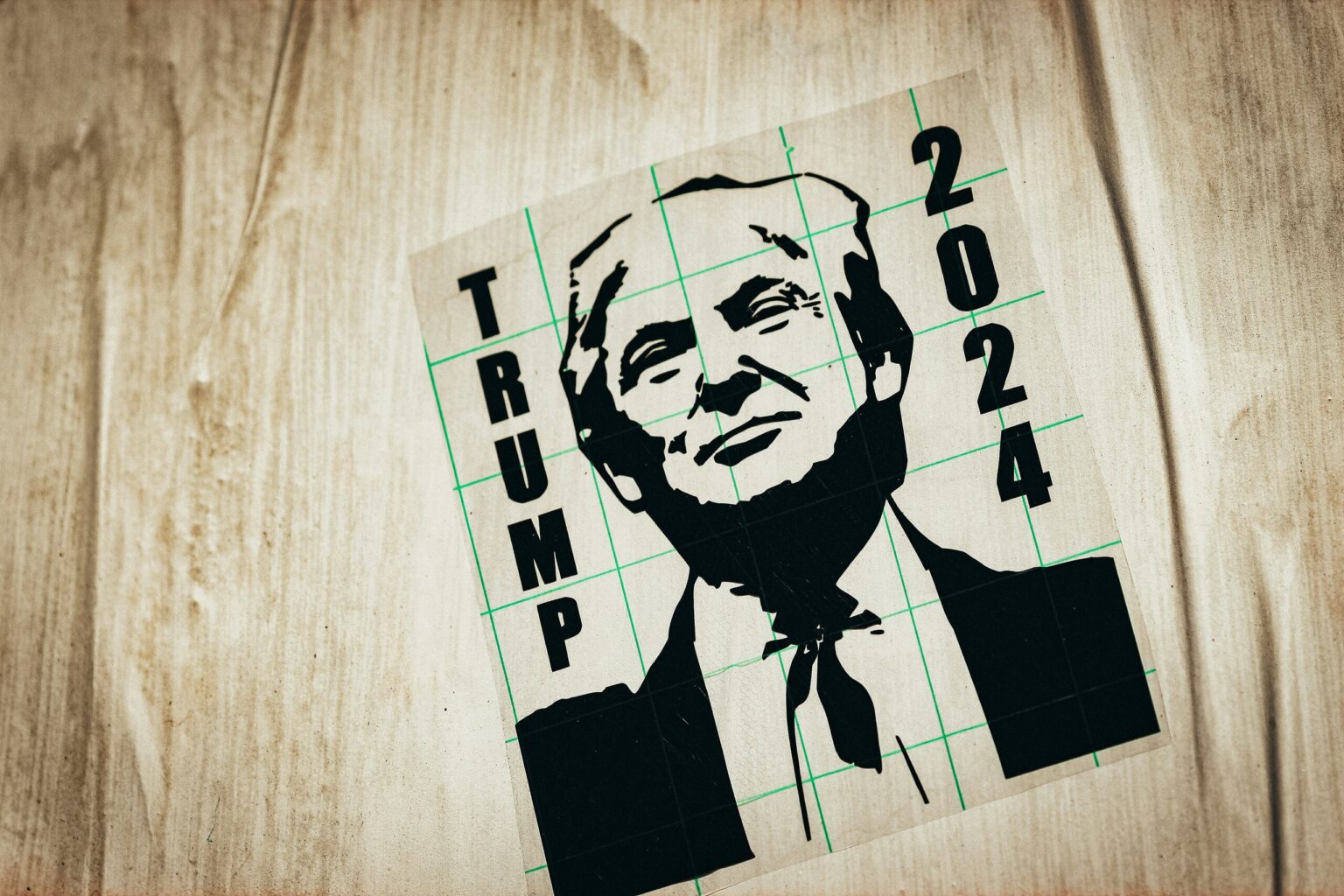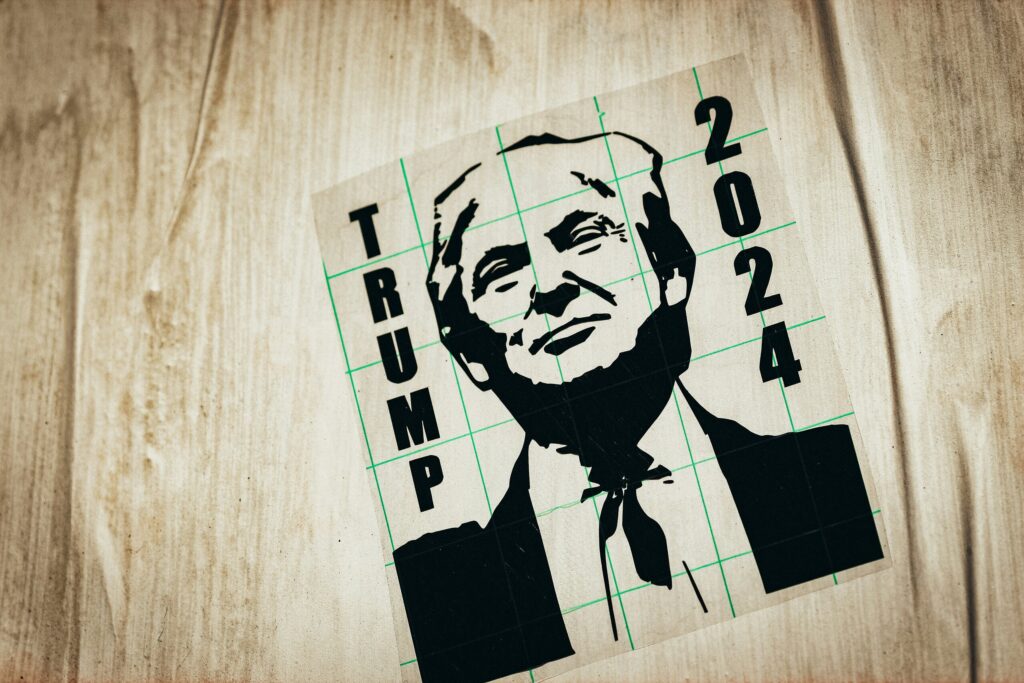As Donald Trump anticipates a second term as U.S. president, experts suggest his administration could bring significant changes to current antitrust and regulatory policies, especially in sectors like Big Tech, mergers and acquisitions, and employment law.
While Trump may continue to target Big Tech, his stance on antitrust could mark a departure from the approach of President Joe Biden’s administration, known for its aggressive oversight and antitrust actions aimed at limiting corporate monopolies and enforcing competition.
Expected Changes in Antitrust Enforcement
Under Biden, antitrust policy has intensified, with the Department of Justice (DOJ) and Federal Trade Commission (FTC) pursuing cases against major companies like Alphabet (Google), Meta, Amazon, and Apple. These cases primarily address market dominance and anticompetitive practices, with remedies proposed that include breaking up certain business segments, such as Google’s Chrome browser and default search agreements on Apple devices. However, the fate of these actions could pivot significantly under Trump. Trump recently expressed skepticism about dismantling Google, suggesting instead that regulatory measures could ensure fairness without breaking up the company. William Kovacic, a law professor at George Washington University, highlighted that Trump would hold significant influence over DOJ remedies, providing him an opportunity to reshape how Big Tech cases are prosecuted and settled.
Despite this, Trump’s approach is not expected to completely abandon antitrust enforcement. In his first term, his administration initiated several cases against Big Tech, suggesting that while he may take a more moderated stance on breaking up tech giants, he is unlikely to curtail antitrust efforts altogether. However, Trump’s approach could shift the balance toward policies that allow for more industry self-regulation and less direct government intervention in corporate structure, potentially reshaping the future of U.S. antitrust policy.
Impacts on Merger and Acquisition Policies
Another likely shift under Trump would affect policies on mergers and acquisitions (M&A), an area where his administration may adopt a more lenient approach compared to Biden’s. Biden’s DOJ and FTC have emphasized strict scrutiny, discouraging companies from merging unless potential anticompetitive risks can be thoroughly mitigated. The Biden administration’s 2023 merger guidelines were notably restrictive, but Trump’s return could ease these regulations, allowing more flexibility in how mergers are evaluated and potentially reopening opportunities for high-profile M&A activity.
According to Jon Dubrow, a partner at McDermott Will & Emery, Trump’s administration would likely relax these stringent guidelines, favoring voluntary adjustments by merging companies over rigid regulatory intervention. This change could stimulate M&A activity, particularly in sectors such as technology, finance, and healthcare, as companies take advantage of a friendlier regulatory environment. Law firms and corporate advisors, whose clients often rely on regulatory stability, may see an uptick in M&A work as a result.
Federal Regulatory Adjustments and State-Level Implications
Trump’s anticipated deregulatory agenda could have broader impacts on federal regulatory approaches, potentially reducing the power of federal agencies over corporate practices. His previous term demonstrated a strong inclination for rolling back regulations, especially those perceived as burdensome to business. For instance, his administration’s approach to environmental and energy policies was markedly business-friendly, benefiting traditional energy firms and sparking concerns about reduced enforcement of environmental laws.
However, loosening federal regulations could prompt increased regulatory activity at the state level. Democratic state attorneys general, who frequently opposed Trump’s policies in his first term, may again respond with lawsuits or heightened state-level enforcement efforts. Law firms with practices specializing in state regulatory matters may see increased demand as businesses navigate a shifting landscape that balances federal deregulation with active state enforcement.
Shifts in Employment Law and Noncompete Policies
In employment law, Trump is likely to undo some recent Biden administration policies, including restrictions on noncompete clauses in employer-employee contracts. Currently, about 30 million U.S. workers are bound by noncompete agreements, but the FTC under Biden has pursued a ban on these contracts, viewing them as a barrier to worker mobility and fair competition. A Trump administration may choose not to defend this ban, especially given that the U.S. Chamber of Commerce has challenged it. If Trump appoints a new FTC chair aligned with his deregulatory agenda, it could open the door to more lenient noncompete practices, affecting millions of U.S. workers.
Technology and AI Regulation
The tech sector, particularly AI, could experience substantial regulatory changes. Under Biden, the FTC has scrutinized the business practices of AI giants like Microsoft, Nvidia, and OpenAI. In contrast, Trump has indicated a preference for deregulating the tech industry, viewing current oversight measures as overly restrictive. Backed by prominent industry figures like Elon Musk, Trump’s administration may repeal Biden’s executive order on AI, which focuses on ensuring ethical AI development and mitigating risks.
Trump’s deregulatory stance could reduce oversight of emerging technologies, but experts caution that this approach may accelerate societal risks associated with unregulated AI, such as bias in hiring and misinformation. Professor Sandra Wachter from the Oxford Internet Institute warned that without sufficient regulation, AI applications in areas like hiring, healthcare, and finance could lead to “detrimental impacts on human rights.”
Energy, Environment, and Trade Relations
Energy policy is another area where Trump’s stance may diverge sharply from Biden’s. Trump has pledged to simplify regulations for fossil fuel extraction and infrastructure development, such as oil drilling and pipeline projects. While this could benefit traditional energy firms, Trump’s deregulatory ambitions may face opposition from environmental advocates and could lead to intensified state-level environmental enforcement.
On international trade, Trump’s approach could reignite tensions with China, with implications for global trade and technology sectors. Trump has suggested imposing higher tariffs on imports to reduce the trade deficit, a strategy that could increase prices for U.S. consumers and disrupt international supply chains. Additionally, his stance on Taiwan and China’s ambitions in semiconductor technology may significantly affect global tech and chip markets, with potential consequences for the U.S.-China relationship and geopolitical stability.

